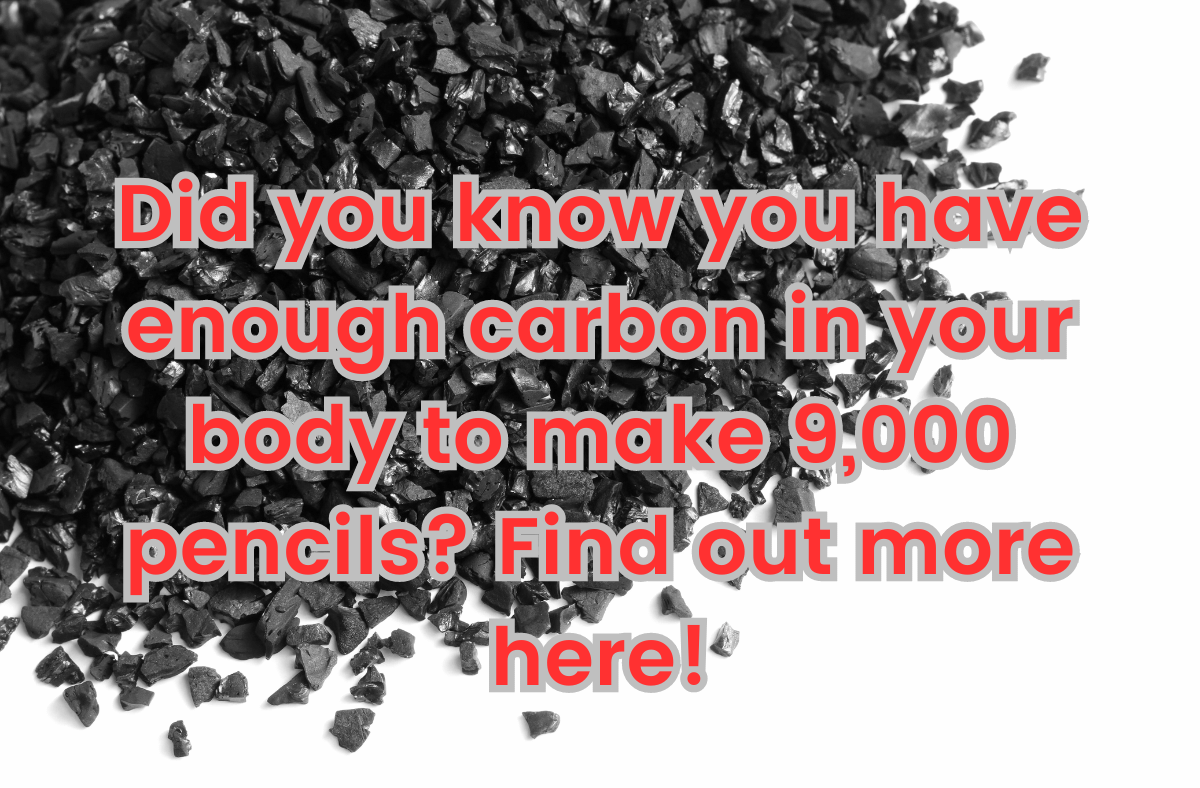For those in a hurry:
- Vomiting is a reflex that helps us get rid of harmful substances or excess food.
- Before vomiting, our body produces more saliva to protect our teeth and throat from the acid in the vomit.
- Saliva also helps us swallow the vomit and reduces the unpleasant taste and smell.
- Saliva production is triggered by nausea, which is a sensation of discomfort in the stomach or throat.
- Nausea can be caused by many factors, such as infection, motion sickness, food poisoning, pregnancy, or medication.
Understanding the Mechanism Behind it
Vomiting, while unpleasant, is a complex reflex that the body employs in response to certain triggers. It’s more than just an upset stomach. In fact, the process begins even before you’re aware of it. When something irritates the stomach or a sickness takes over, the body starts its defense mechanisms, preparing for the act of vomiting.
The Role of Saliva Prior to Vomiting
Right before vomiting, you might notice an increase in saliva production. This isn’t a random occurrence. This excess saliva plays a vital role in safeguarding your mouth. Given that vomit contains stomach acids, it can be harmful. Hence, the body preemptively produces more saliva to act as a protective barrier, shielding the teeth and throat from potential damage.
Why Protecting Teeth During Vomiting is Crucial
Our teeth are strong, yet they are not invincible against stomach acid. When exposed frequently, this acid can erode tooth enamel, leading to sensitivity and other dental issues. Therefore, by producing more saliva, the mouth ensures that the teeth have a fighting chance against the harshness of the vomit. It’s nature’s way of minimizing the adverse effects of an otherwise natural process.
The Throat: Another Area at Risk During Vomiting
Beyond the teeth, the throat is another area that’s vulnerable. It isn’t designed to handle the acidic content of vomit. Continuous exposure without the buffering effect of saliva could lead to a sore throat or other complications. Once again, our body’s intuitive response comes to the rescue, ensuring our throat remains relatively unscathed after the act of vomiting.
Embracing the Body’s Smart Defenses Against Vomiting
While no one looks forward to vomiting, understanding the body’s protective mechanisms can offer some comfort. The next time you feel nauseous, remember that your body is already working overtime to protect you, starting with the increased production of saliva. It’s a testament to the intricate and intelligent design of our physiological responses.






















